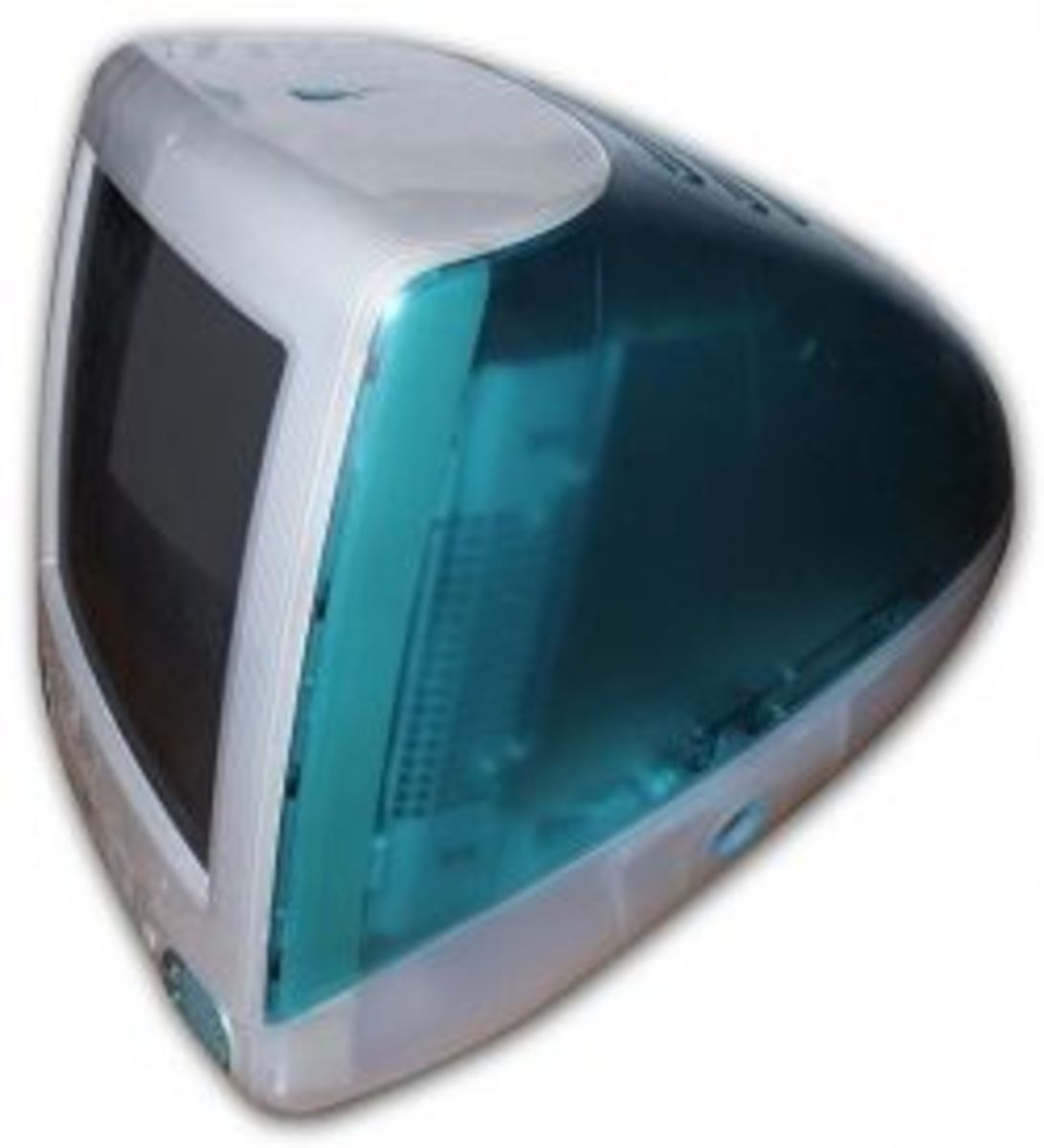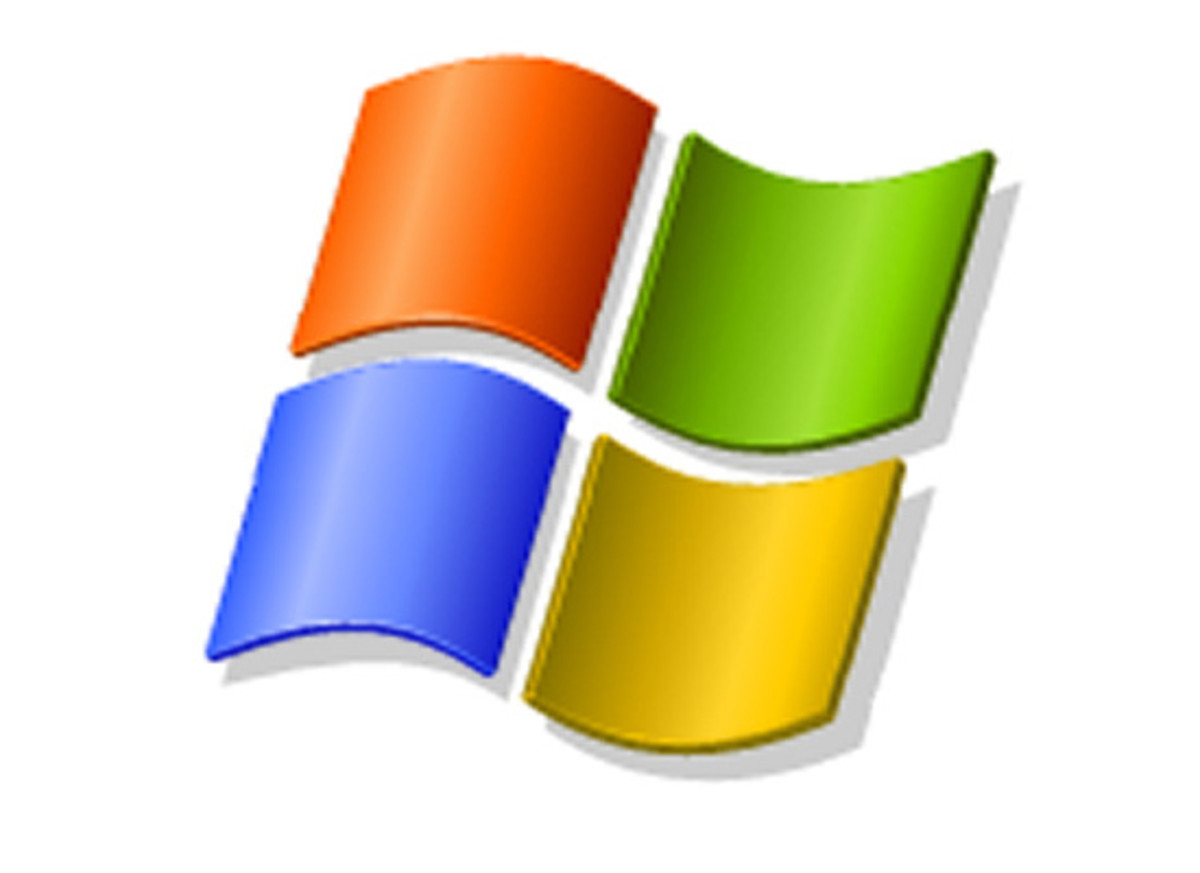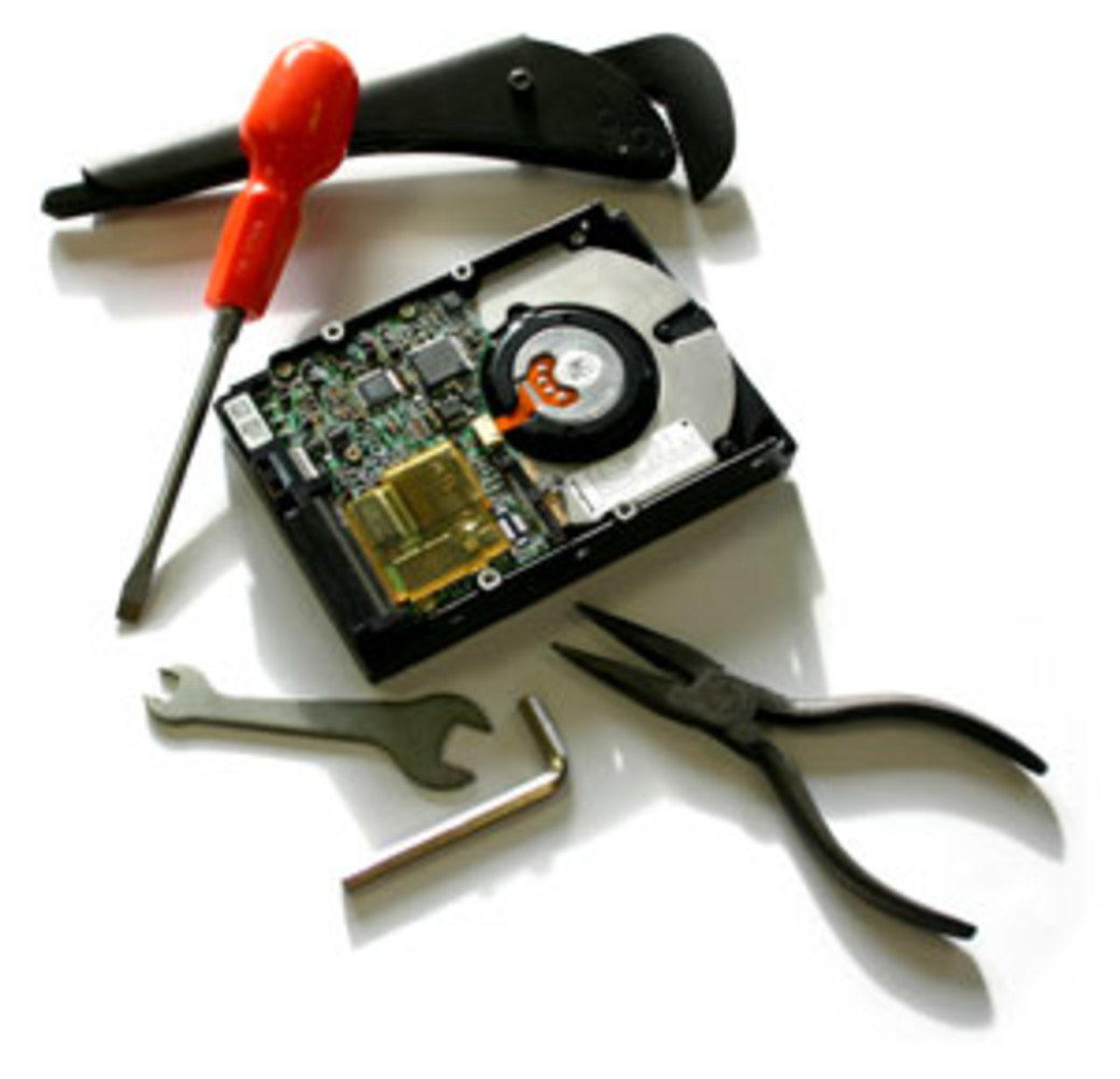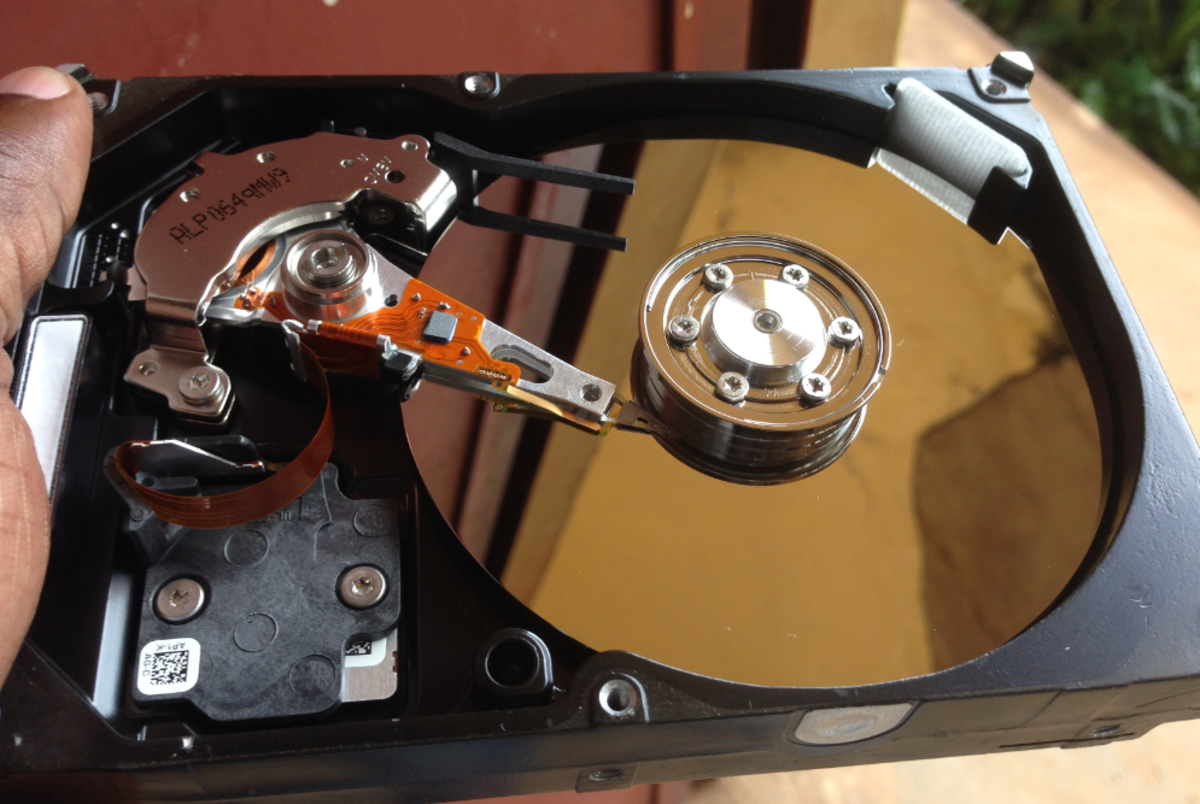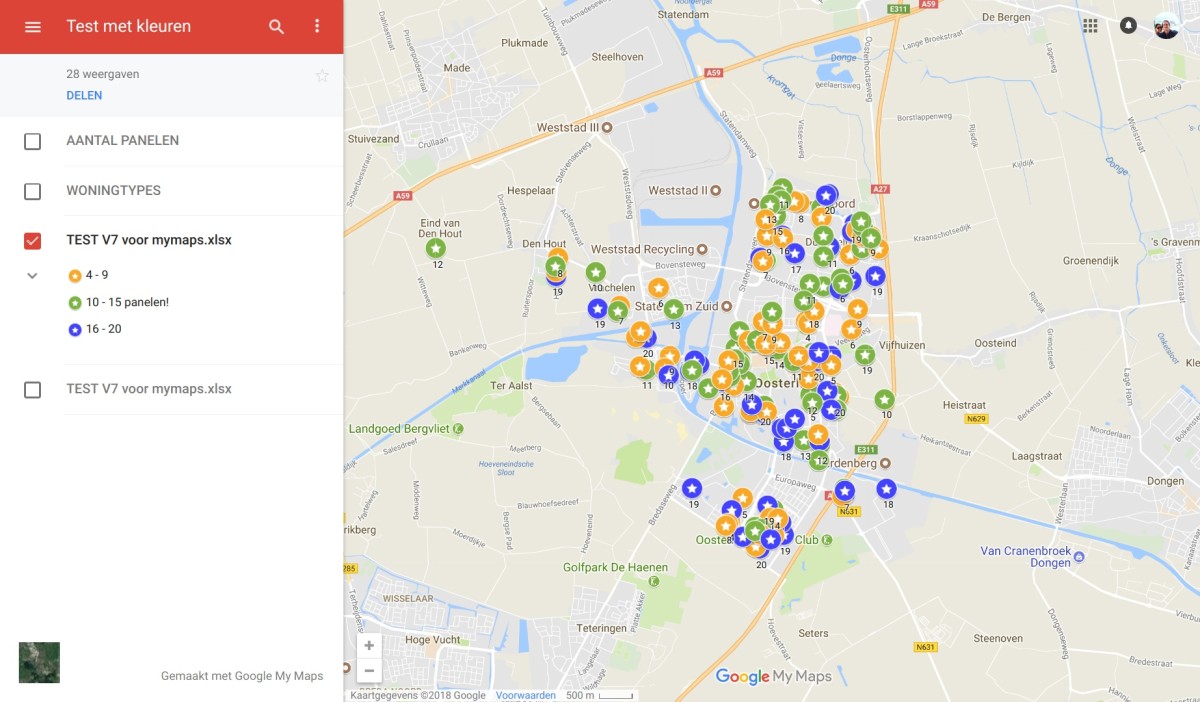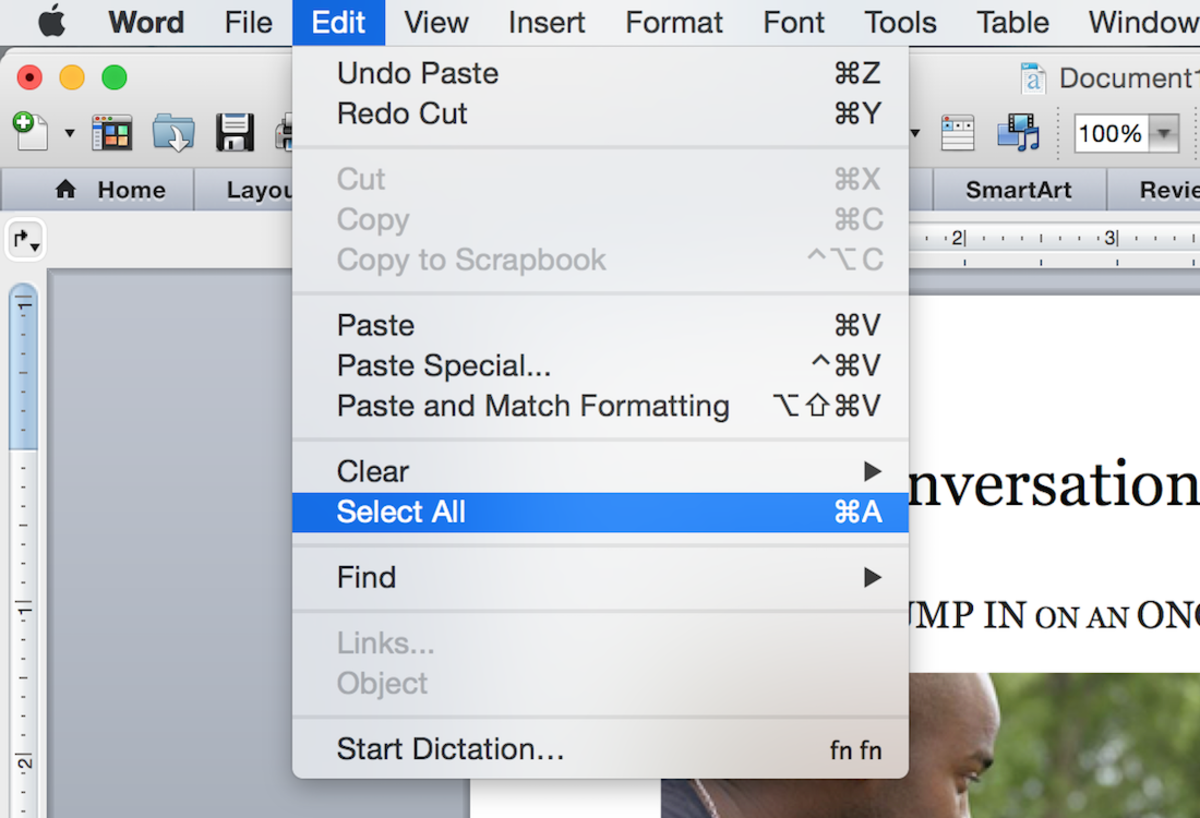Tips on Deleting Data for Good
When you delete something on your computer it is not truly deleted! The deleted file or folder is merely made invisible so to speak and allowed to be written over by new data. Even after formatting an entire hard drive any previous data will not be gone until it has been written over entirely. Some businesses and government agencies go to extreme measures in making sure that their data is totally gone and in no way salvageable. Many go as far as incinerating any and all data storage media before disposing of it.The reason for this is there are other businesses, agencies, or even just some guy who specialize in recovering and exploiting any and all data they can, this can be referred to as data theft.
Imagine for a minute you have bought a new computer and decide to sell your old one, you place an ad in an online classifieds website such as craigslist and a few days later someone contacts you interested in your computer. Thinking you would like your old computer to be in it's best shape before previewing it to the potential buyer you format your hard drive and install a fresh copy of windows. Feeling safe that any personal/financial files you had stored on your computer are now gone as well you meet the potential buyer and they are impressed with your computer and agree to pay your asking price. The next day you head to your bank to deposit the money expecting to see an even higher balance than before. To your shock someone has accessed your bank account and transferred or withdrawn all your money! Not only that someone has also gained access to your e-mail, facebook, myspace, google adsense oh no! How could you suddenly be having such horrible luck! That person who bought your computer turned out to know a thing or two about computer forensics and data recovery. They've restored all the old data on your computer and are using it for their own gain and enjoyment.
Scenarios involving data theft like this are happening more and more frequently making it increasingly important for you to properly delete and dispose of your old data. Not just hard drives but financial statements as well. There are people who go through others trash looking for any form of data that may contain information they can use to their gain. Think credit card statements, bank account statements, tax information etc. Businesses are usually the target of such schemes but more and more often average people are being targeted. Keep in mind there are also people who simply find enjoyment in going through other peoples personal files and I for one don't intend to allow them their perverse enjoyment with my personal files and after reading this hub hope you deny them of this as well!
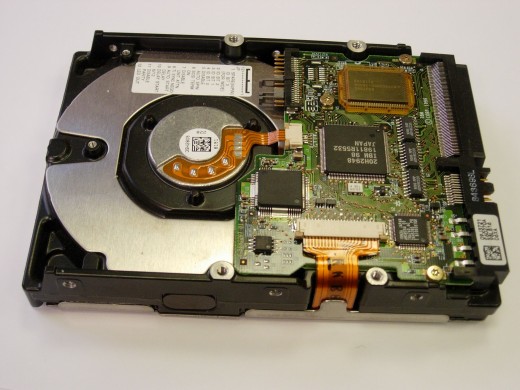
The focus of this is hub will be on hard drives and deleting data for good so as to avoid data theft. As for any kind of financial documents simply burn them or tear them up into tiny fragments before disposing of them, and I do mean tiny, shredders dont work, it is quite easy to rebuild shredded documents. One company I worked for had locked boxes with shredders attached to the top on every floor that were emptied out weekly, taken to a remote location and burned just because of this.
What you can do
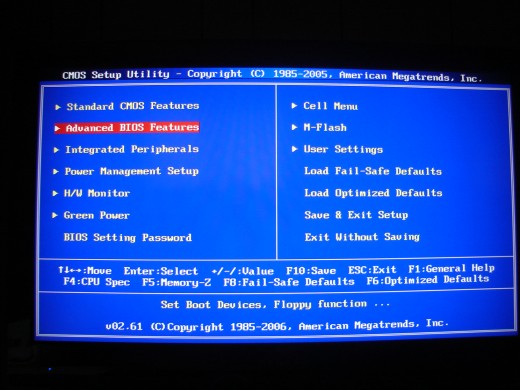
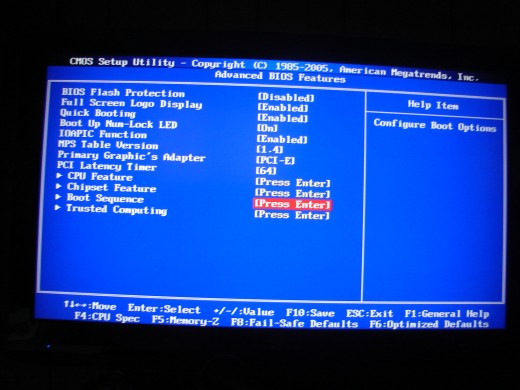
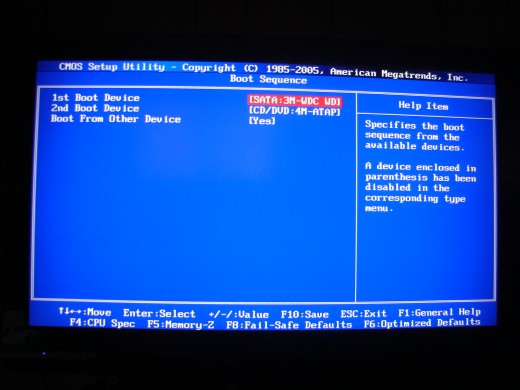
The first method I'll suggest is downloading DBAN (Dariks Boot and Nuke). Just burn DBAN to a CD but make sure you're burning it as a .iso or it wont work. If you're burning software doesn't support .iso burning you can download Active ISO Burner. Once you've properly burned DBAN you'll have to enter your BIOS by pressing the required hot key when prompted on your boot screen, usually F1 or delete. Once in the BIOS look around for advanced features and then boot options, set your media drive to first in the boot sequence, save and exit the BIOS. Leave the DBAN disc in your media drive and when your computer reboots it will boot with DBAN. Once DBAN is open select the drive you want PERMANENTLY deleted. One pass of deleting and writing random data to the drive should be enough. Remember to use caution when running DBAN as once it deletes something it is permanent. Also don't forget to re-enter your BIOS and change your boot sequence back to normal when you're done.
If you're uncomfortable with the DBAN method you can try using R-Wipe and Clean (free 15 day trial) or Active Kill Disc - Hard Drive Eraser though I cannot attest to how well these two utilities work. Active Kill Disc supposedly meets government standards and is completely free so I would suggest it over R-Wipe and Clean if you're uncomfortable with DBAN. Both are available through CNET.
The second method is by far the most fun and extremely easy. All you'll need is a decently sized hammer, smash your hard drive into tiny pieces making sure that all the hard disk platters inside the hard drive are not intact. You might have to unscrew the hard drive casing, they're actually pretty well built. Of course this isn't an option if your intending to resell.
In closing, British Telecom did a study on this and found that most people don't realize that when they delete a file it is not truly gone and that only 33% of used hard drives are properly wiped clean upon resale.
Did you know that when a file is deleted it is not truly gone?
Here are some more hubs of mine that may be useful to you.
Slow computer? Tips to improve computer performance for free
Do you need to upgrade your computer or buy a new one
Buying a new computer, how to find the best and cheapest

